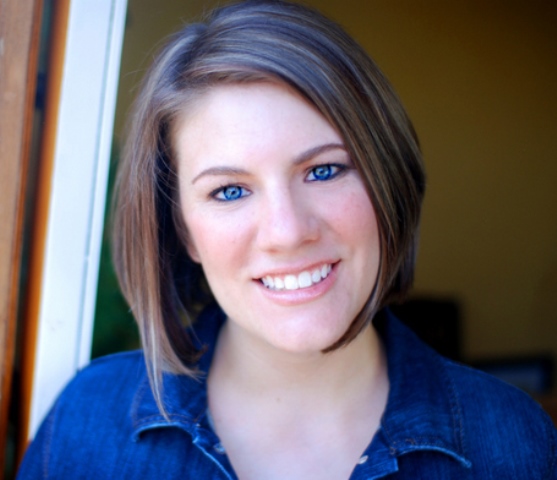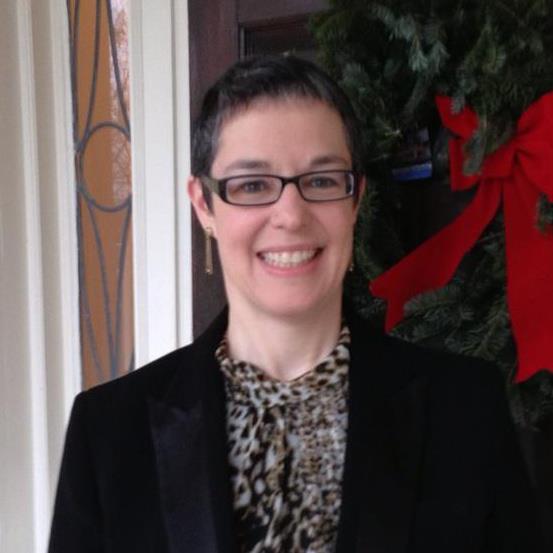By Jeff Brumley
The volcanic controversy surrounding “Duck Dynasty” star Phil Robertson has been a double-whammy for moderate and progressive Christians.
First there is the anti-gay, pro-Jim Crow GQ magazine interview with Robertson, a professed Christian, which ignited the controversy on Thursday. Then came the response of conservative Christian leaders, including those in the Southern Baptist Convention, who rallied around Robertson and claimed religious persecution when he was suspended by the A&E network.
On Facebook and Twitter and in media interviews, some Baptists and other Christians tried to keep their cool amid what they saw as conflicting and hypocritical messages.
“Oh boy, it’s driving me crazy,” said Rachel Held Evans, a blogger and author of A Year of Biblical Womanhood.
 “We have to be careful of holding this man up as a man of values — rallying around him — without considering what he said and what it projects about being a Christian,” Evans said. She said it’s particularly upsetting to see evangelicals so adamant in their support of a television celebrity who, when asked about sin, pointed a finger at others and gave himself a pass.
“We have to be careful of holding this man up as a man of values — rallying around him — without considering what he said and what it projects about being a Christian,” Evans said. She said it’s particularly upsetting to see evangelicals so adamant in their support of a television celebrity who, when asked about sin, pointed a finger at others and gave himself a pass.
The 2012 controversy around Chick-fil-A and same-sex marriage was a similarly frustrating moment, Evans said. She warned the flap could be a turnoff to unchurched Americans — and even for believers. “I think young evangelicals want to rally around something bigger than chicken and reality TV,” she said.
Facebook and Twitter is where Evans and others turned to reject claims including that Robertson is suffering persecution as a result of his magazine interview. “That really shows me that we American Christians don’t know what persecution is,” said Corey Fields, a Kansas-based American Baptist pastor and blogger for ABPnews.
 And Robertson’s situation is anything but a violation of his First Amendment right, Fields said. “He is free to say what he believes and A&E is free to make its own choices,” he said. “He is still free, can work and vote and he’s not in jail — it’s actually a beautiful picture of free speech.”
And Robertson’s situation is anything but a violation of his First Amendment right, Fields said. “He is free to say what he believes and A&E is free to make its own choices,” he said. “He is still free, can work and vote and he’s not in jail — it’s actually a beautiful picture of free speech.”
Fields said what was particularly disappointing about Robertson’s remarks is they reduced homosexuality to a mere sexual act, and overlooked entirely the idea that many gays desire deeper relationships just as heterosexual couples do. “Regardless of where you fall on the homosexuality issue, you don’t hear people talking about what makes a healthy relationship,” he said.
‘Millions who believe differently’
The publicity surrounding Robertson’s remarks may appear to some as the sole Christian view on homosexuality, said Marie Alford-Harkey, deputy director of the Religious Institute, a Connecticut-based multifaith group that promotes sexual health and education issues. “We work hard to say there is not one religious voice on these issues, and there’s not one Christian voice on these issues,” she said.
 The organization, with 6,400 religious leaders from 70 faith traditions as members, is promoting the belief that sexual diversity is part of creation.
The organization, with 6,400 religious leaders from 70 faith traditions as members, is promoting the belief that sexual diversity is part of creation.
“Oppression around sexual identity and orientation cannot be portrayed as virtuous any longer,” Alford-Harkey said. “We think it’s important for this kind of speech to engender more speech and dialogue, and we want to get out there and say there are millions who believe differently.”
But countering Robertson’s beliefs and arguing about what is and isn’t persecution may be pointless, said Thomas Whitley, a doctoral student in religion at Florida State University who studies the similarities between ancient and modern Christianity. Because the faith was born from intense periods of persecution, real and imagined, a martyr mentality has become ingrained in Christian worldviews ever since, said Whitley, an ABPnews blogger who was raised a Southern Baptist.
 Despite living in a nation where religion is legally protected and where Christians hold most seats of power, Christians use a “myth of persecution” to interpret certain events as targeted against them, Whitley said.
Despite living in a nation where religion is legally protected and where Christians hold most seats of power, Christians use a “myth of persecution” to interpret certain events as targeted against them, Whitley said.
In recent years those would include any battles over 10 Commandments and Nativity displays, the so-called “War on Christmas” and even the presidency of Barack Obama.
And this is why the “Duck Dynasty” controversy is tapping so much emotion, Whitley said.
“This is just one more piece of evidence that we are being persecuted and that’s the beauty of that that mindset can do,” he said. It creates an “overwhelming perception that our group is a persecuted minority.”
